Knowing a few first aid tips that can be applied in some commonly faced situations can save your day. You can experience small cuts and wounds, superficial burns, insect bites, sprains, and other similar problems in routine.
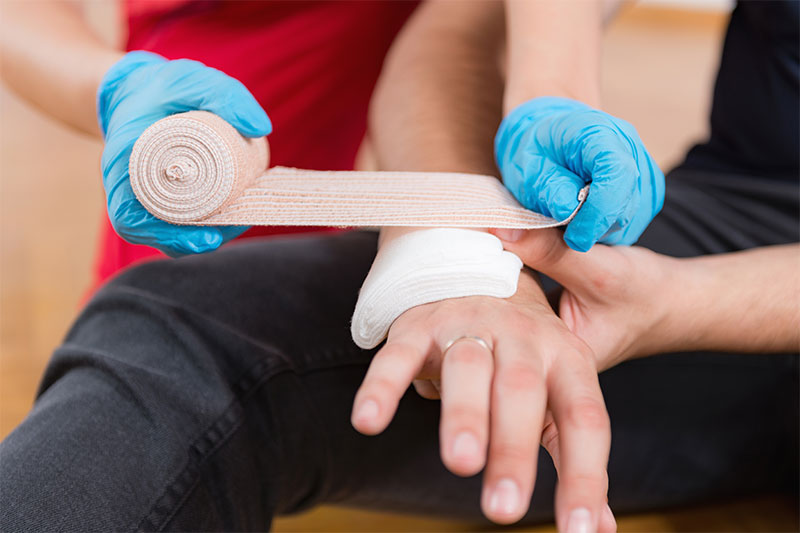
Tackling with such matters begins at home. It is essential to know how to respond to prevent further damage and manage the situation. The following are a few tips that will help you cope with certain situations.
10 – How to Approach a Superficial Burn
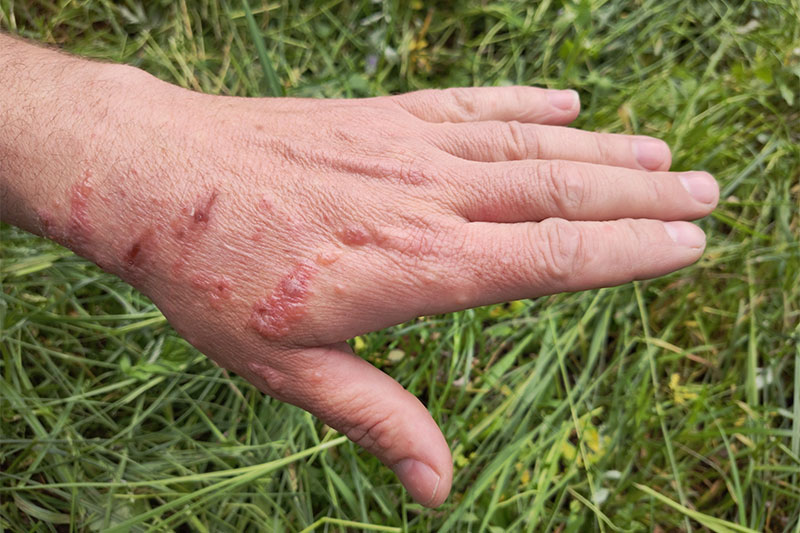
A superficial burn, also known as a first-degree burn, is not very serious. You can experience it while cooking or handling something hot. All you have to do it to put it under running water for some time immediately. You can apply a cold pack afterward.
Always keep a burn ointment in your first aid bag that you can use on it.
9 – What to Do in Case of a Bee Sting
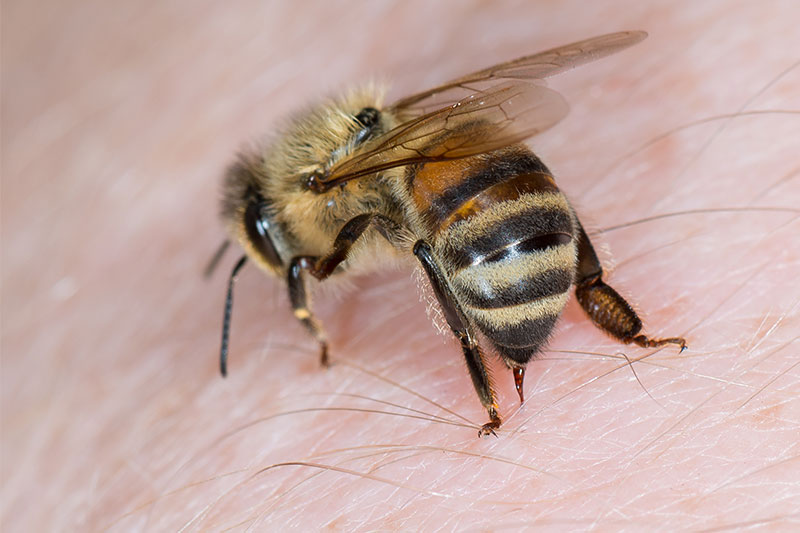
A bee sting is commonly experienced in open spaces and gardens. It is very painful. When the bee stings, the stinger is left behind. Firstly, you have to pull the stinger out. You can do it with the help of a tweezer. Then run cold water on the affected area. You can take some anti-allergy medicine to reduce swelling. A painkiller will help with the pain.
8 – How to Help Your Eye in Case of a Foreign Body
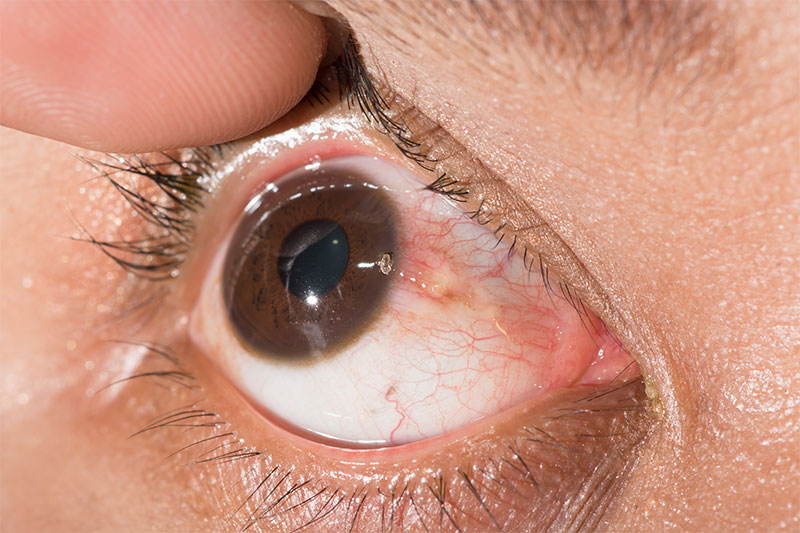
Your eyes can be quite susceptible to dust particles and chemicals if you do a field job. A foreign body can go in your eye even at home. The best way to cope with it is not to rub your eyes and splash cold water as soon as possible. If it does not help, then see a doctor immediately.
7 – What You Can Do if an Ankle Sprain Occurs
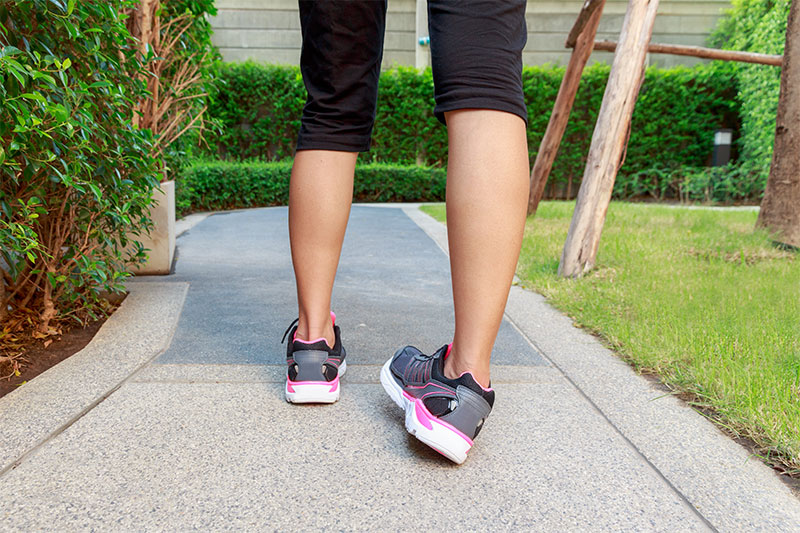
An ankle sprain is quite painful. You need to take rest to allow your soft tissue to heal. Also, ice packs help with pain and swelling. Avoid heat after the injury, and ensure that you elevate your foot. It helps decrease swelling. Taking a painkiller is also advised. See your doctor if the pain is bad or you cannot walk at all. You might need an X-ray to rule out a fracture.
6 – What to Do if You Cut Yourself
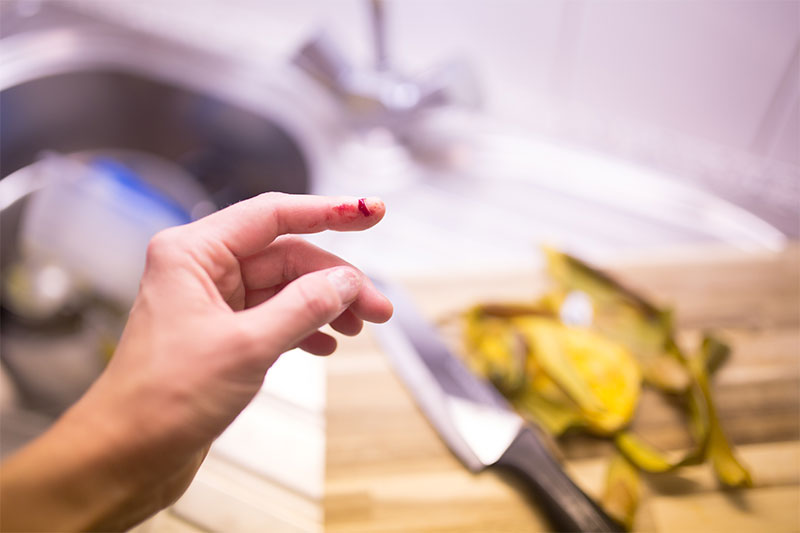
You can face small cuts and wounds in routine. First of all, press your wound with a clean piece of cloth, gauze, or cotton to stop bleeding. Once the bleeding has stopped, wash the wound under water, or clean it with some antiseptic solution. Apply a bandage on it.
5 – How to Deal with Diarrhea
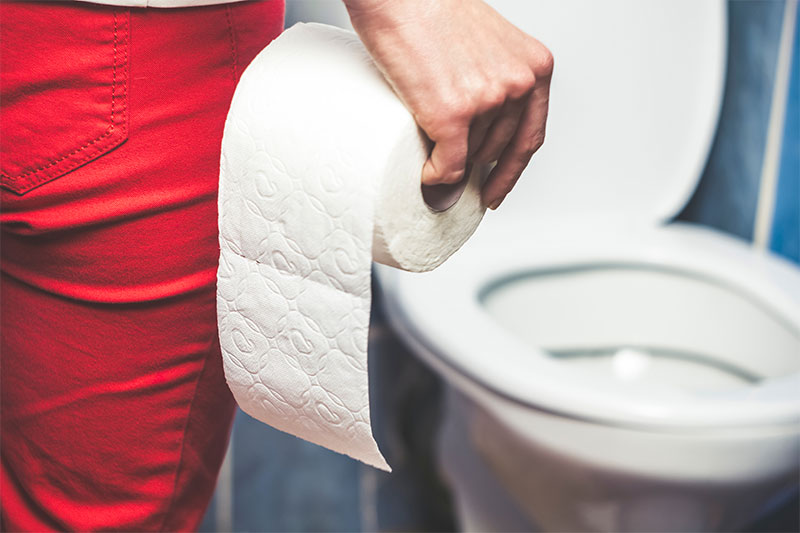
Food poisoning is not an uncommon situation. Before you see a doctor, you have to do a few things to manage it. First of all, increase your fluid intake to replace lost water and avoid dehydration. You can also drink oral rehydration salt (ORS) after every episode of diarrhea. Watch what you eat. Eat clean and hygienic food. Stick to the soft and easily digestible diet. Yogurt, banana, and rice pudding are good options.
4 – How to Proceed in Case of a Splinter
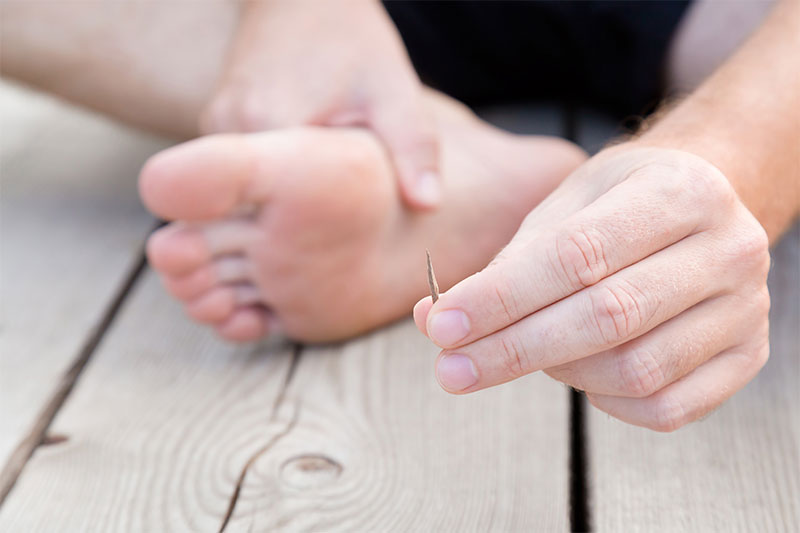
Splinter can be painful and also cause serious infections. It is essential to remove them. First, clean the area with the help of an antiseptic solution or alcohol swab. Then dislodge the splinter with the help of a sterilized needle. You can sterilize the needle on fire or boil it. Once it is dislodged, just pull it with the help of a tweezer. Wash the affected area afterward.
3 – What to Do if a Person is Choking on Something
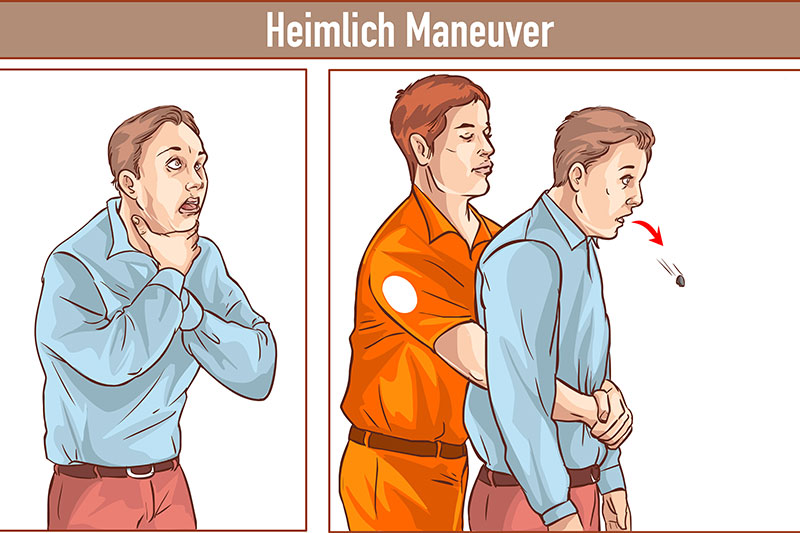
You are out on dinner, and your friend suddenly starts gasping while talking during eating. He must be choking on something. Now you need to perform the Heimlich maneuver. For that, make the person stand and approach from behind. Make a fist and place it above the umbilicus. Now press this fist upwards and inwards with the other hand. Do this five times.
2 – What if Someone has a Heart Attack
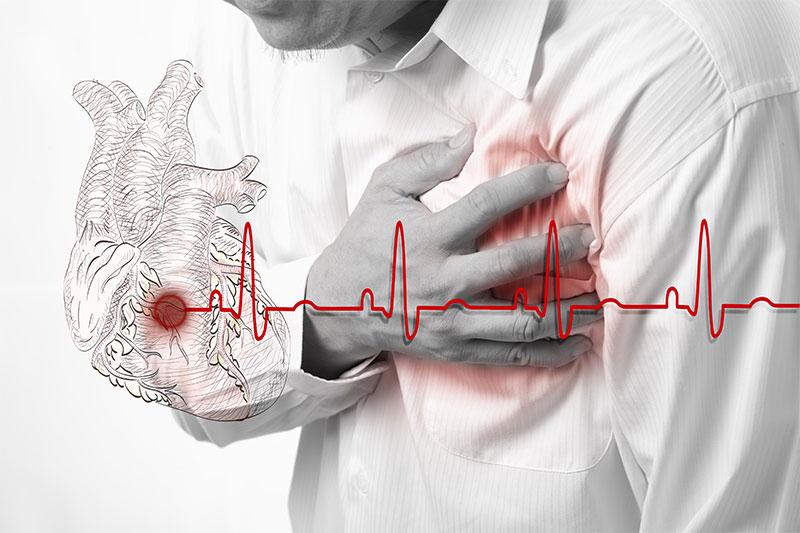
In case of a heart attack, the patient should chew an aspirin. Aspirin prevents blood clots that are the major reason behind a heart attack. Chewing aspirin helps until you reach a doctor for proper medical treatment.
1 – How to Deal with a Fracture
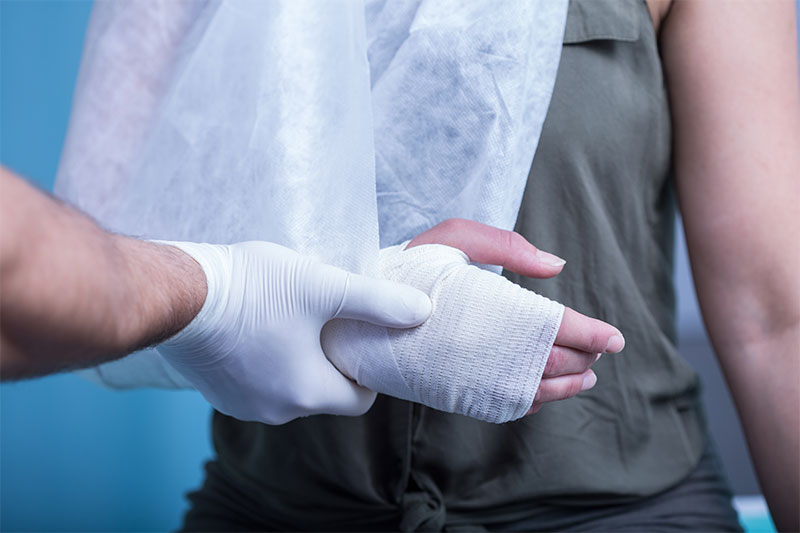
You should not move the affected part after a fracture is suspected. The best thing that you can do is to immobilize it with the help of a splint before you see a doctor. Do not try to move it, or you can cause more damage.


